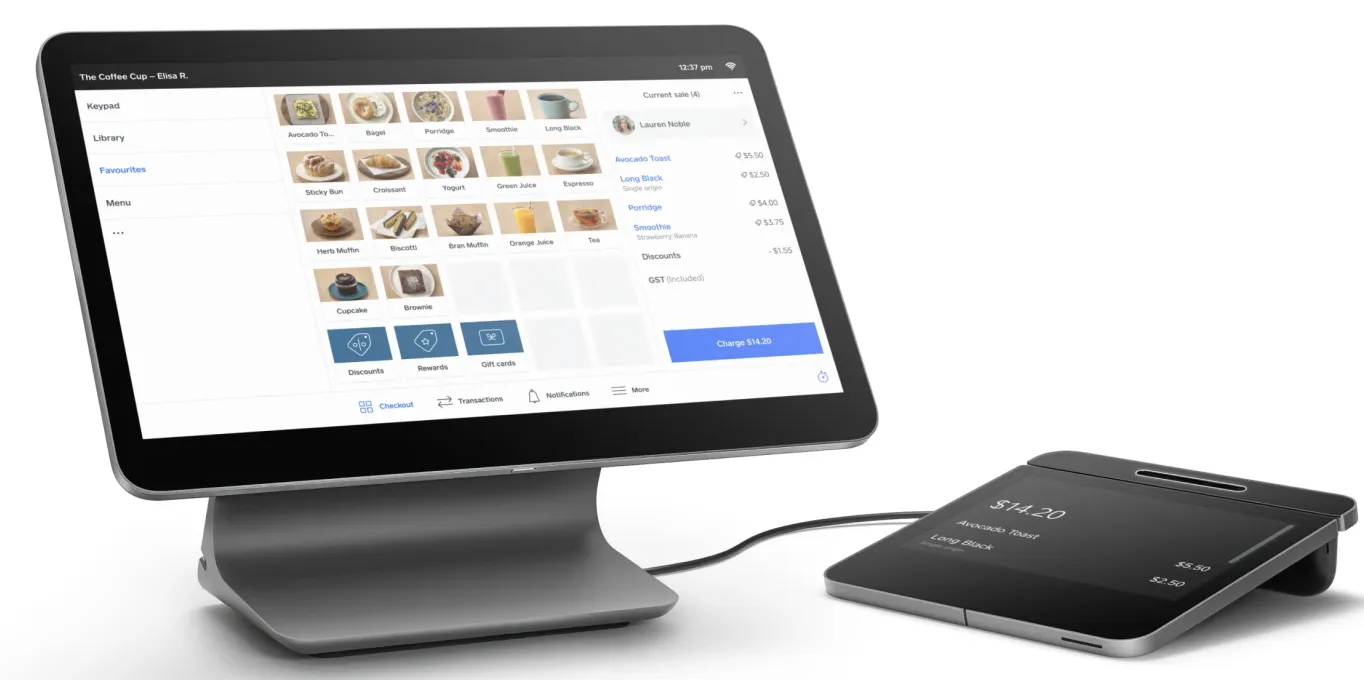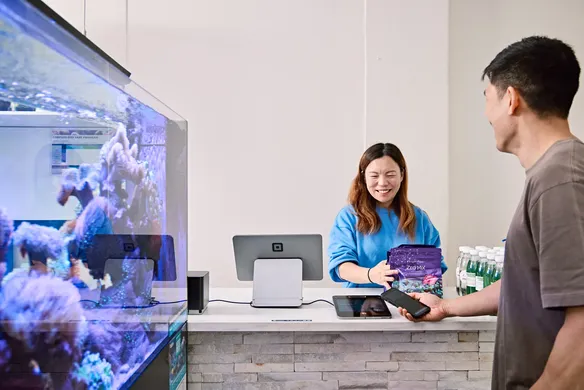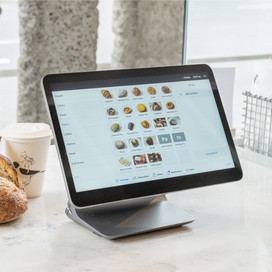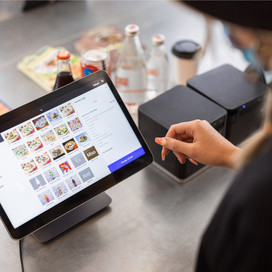Table of contents
Australia has one of the highest pet ownership rates in the world, with about 30 million furry, feathered and slippery friends recorded in Australian households in 2023. That means there are more pets in Australia than people! In fact, almost two-thirds of Australian households now have a pet – that’s a huge market, and a huge opportunity for prospective pet store owners.
But to take advantage of those opportunities, there are a few key considerations you need to tackle first.
Stage 1: Planning your pet paradise
Catnip specialty store? Private lizard lounge? All good businesses start with a solid plan, and there are some crucial steps business owners need to consider, regardless of the products or services they sell (and other considerations specific to dealing with animals you’ll need to consider).
With so many pets in Australian households, market research should be a walk in the dog park. But that also means existing competition. It’s essential that you familiarise yourself with the current pet industry to learn what others are doing well and what you could be doing better. By researching online, visiting pet stores and talking to pet owners, you’ll get a good sense of what’s needed in the market and the role you might play in it.
Your business plan should include who you anticipate your prospective customers to be, your business objectives, sales projections, market analysis and details on how you’ll fund it all before you make your first sale. You’ll also need to plan how you’ll market your business to new customers through social media, advertising and other channels, and how you’ll turn your first customers into repeat customers.
Need some help getting started? The Australian Government has some helpful hints and tools so you can get planning.
Stage 2: Licences, codes and insurance
If you’re establishing a business in Australia – a pet store or otherwise – at a minimum, you’ll need to:
Apply for an Australian Business Number (ABN) through the Australian Business Register (ABR)
Register your company and business name with the Australian Securities and Investments Commission (ASIC)
Register for GST if your business earns more than $75,000 a year.
Business owners are also wise to think of insurance as a business necessity, not a nice to have. Depending on your business circumstances, certain insurances are a legal minimum requirement: you’ll need workers compensation insurance if you have employees, for example, but you should also consider income protection insurance, public liability insurance, and the various insurance options designed to protect your products, animals and property in the event something goes wrong. Many business and financial advisers will say that if you can’t afford insurance, you can’t yet afford to open your business, but make sure you get independent advice before making any decisions.
As a pet store owner, you may also need to abide by other legal requirements in your state, territory or local council area. The sale of live animals such as dogs, cats and birds usually requires a permit and means following certain codes that protect you and your customers. But the welfare of your animals is also vital. If you plan to sell animals in Victoria, for instance, you’ll need to register as a Domestic Animal Business, and keep detailed sales records as part of the State’s crackdown on illegal puppy farms. In Queensland, it’s a Commercial Animal Premises Licence. Make sure you’re familiar with the requirements where you plan to operate.
Each jurisdiction also has a number of codes you’ll need to adhere to. The RSPCA is a great resource if you’d like more information on how best to ensure your animals are kept safe, healthy and happy.
There are also specific requirements for the sale of any speciality animals, and many animals cannot legally be sold or traded. So if you plan to sell pygmy pythons and gastric brooding frogs, you’d better check your legal obligations before getting started!
To learn more about what’s needed in your state or territory, speak with your local council, relevant state or territory government department, or the industry body, Pets Australia.
Stage 3: Online vs brick and mortar
When planning your physical location, there are several factors to consider, including the availability of physical space, the cost of rent and other bills and overheads, staffing requirements, the use of automation for retail product distribution, local council and state government regulations – the list goes on and on!
But you should also consider your online presence. COVID-19 boosted Australians’ obsession with pets, with one in five families adding a cat or dog to the household during the pandemic. But the pandemic also changed the way we shop. Online shopping is on the rise, and the pandemic certainly gave shoppers a nudge in that direction.
While most Australians still prefer to shop in brick-and-mortar stores, an online presence might give you the edge you’re looking for. It all comes down to the product you plan to sell, and the business model that works best for you and your prospective customers.
No matter what you decide, Square has you covered at the point of sale with Square for Retail, allowing you to manage your inventory and sell with ease in-store and online.
Stage 4: Inventory, suppliers and fit-out
You’ve got a solid plan, you’ve registered your business, and you’re insured and ready to adhere to the various codes and legal requirements. Now it’s time to source suppliers, purchase stock and organise your facilities and hardware.
Often, pet stores have many different suppliers – from dog toys to bird seed, fish tanks to kitty litter. And if you’re selling services in your pet store, you’ll need suppliers for those, too (dog groomers need to buy shampoo and scissors from somewhere!). If you’re selling pet food, you’ll need to carefully consider the quality and reliability of your supplier, and if you plan to sell live animals, your supplier should be licensed and reputable. No matter the product, you’ve got to make sure your suppliers are right for your business – they’re your partners, and deeply connected to your own brand.
Your store fit-out is essential for practical reasons, but it will also demonstrate to your customers the kind of business you’re running. You’ll need to consider product storage and display, lighting, flooring, decor, and many other factors. You’ll also need to consider your POS tools. Square hardware can provide your complete POS hardware kit so your sales run smoothly from day one.

The fine (paw) print
Opening a business can be rewarding, but there are a lot of components to consider. It’s always a good idea to get guidance from lawyers, financial planners and the local authorities where you plan to operate. And if you need more information, get in touch with the industry body, Pets Australia.
![]()












